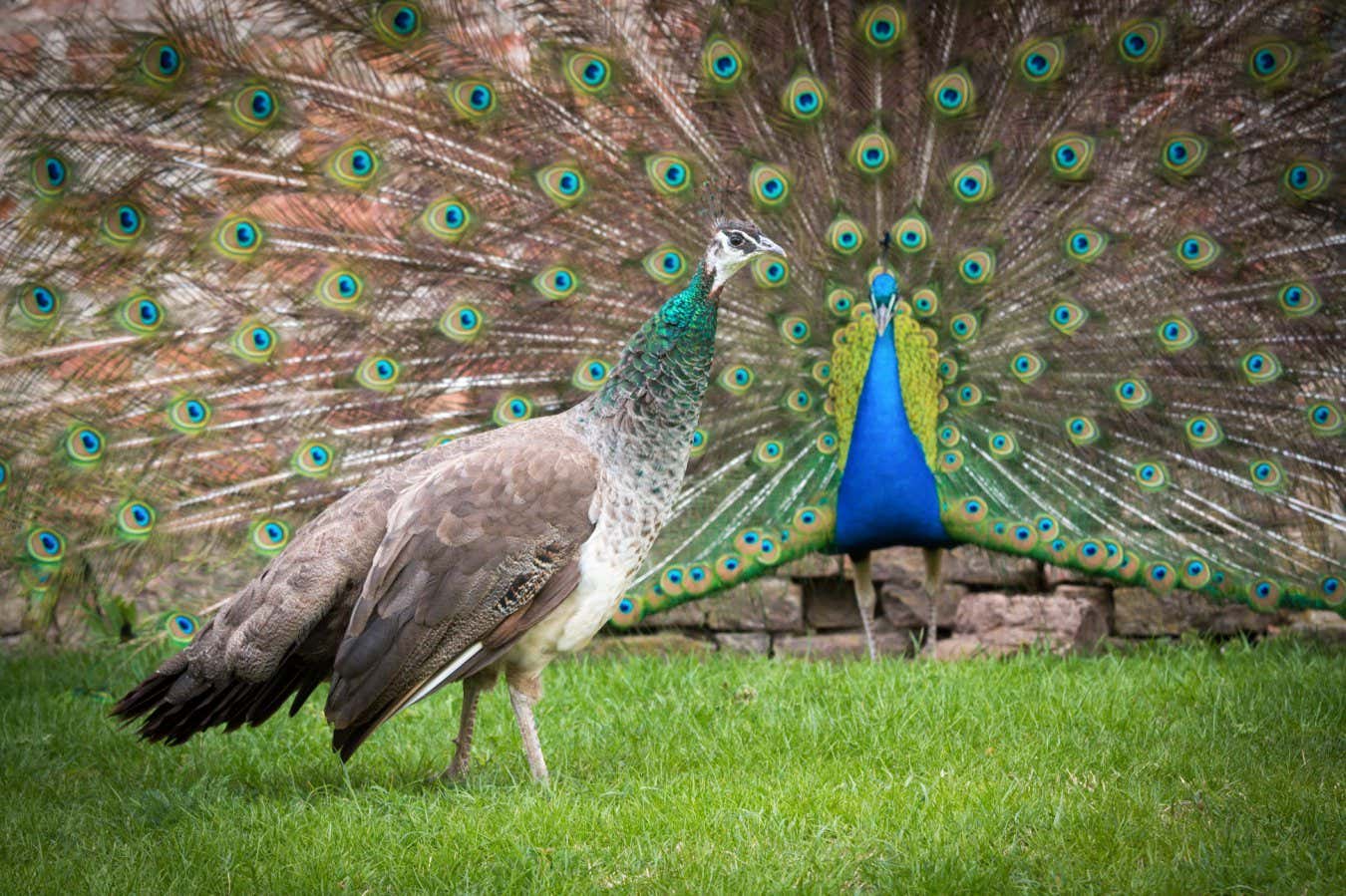
Women live longer than men on average in every country
Peter Cavanagh/Alamy
We now have a better idea of why women live longer than men, on average, thanks to the most comprehensive analysis yet of the differences in lifespan between male and female mammals and birds.
The average global life expectancy is about 74 years for women and 68 years for men. There are various ideas to explain why women tend to live longer than men, including the suggestion that young men are more likely to die in accidents or conflicts, and that women are better protected against potentially harmful mutations in the sex-determining chromosomes than men, but the picture is far from complete.
To search for clues from other animals, Johanna Stärk at the Max Planck Institute for Evolutionary Anthropology in Leipzig, Germany, and her colleagues analysed data on life expectancy in 1176 species – 528 mammals and 648 birds – in zoos as well as in wild populations.
They found that in 72 per cent of the mammal species, females live longer than males, by 12 or 13 per cent on average. But in birds, males tend to outlive females in 68 per cent of the species, surviving about 5 per cent longer on average.
The researchers say this trend backs up the idea that sex chromosomes account for some of the differences in lifespan.
In mammals, having two copies of the X chromosome makes an individual genetically female, while males have two different sex chromosomes, an X and a Y. In theory, females are better protected against harmful mutations in the sex chromosomes, because the second copy of the X chromosome acts as a backup.
In birds, the sex determination system is the other way around: females have two different sex chromosomes, called Z and W, while males have two Z chromosomes. So the different life expectancy trends in mammals and birds back up the idea that the sex with different chromosomes – the heterogametic sex – incurs a longevity cost.
“But what was very interesting is that we found exceptions,” says team member Fernando Colchero, also at the Max Planck Institute for Evolutionary Anthropology. “And with those exceptions, our idea was to test other evolutionary hypotheses for why these sex differences occur.”
Digging deeper into the data, the team found that mating systems seem to play a role. In polygamous mammals where there is strong competition for mates – such as baboons, gorillas and chimpanzees – males generally die earlier than females.
“Due to competition for mating opportunities, individuals – typically the males – will invest into traits favoured by sexual selection, such as large body size, ornamental feathers or antlers,” says Nicole Riddle at the University of Alabama at Birmingham. “These traits are costly to produce, and there are typically other costs associated with the competition for mating opportunities, for example through fights with other males.”
These factors will mean that the individual has less resources available to invest in its own long-term survival, she says.

Males that invest in costly traits to win mates may have shorter lifespans as a result
Rebius/Shutterstock
This is also true of birds with polygamous mating systems. “Overall, this may also explain why the male advantage in birds is considerably lower than the female advantage in mammals,” says Pau Carazo at the University of Valencia in Spain.
He says that in mammals, both the genetic factor and sexual selection traits work in the same direction in shortening male lifespan, whereas in birds the pressures may balance each other out, because males are often involved in strong sexual selection, but females bear the costs of heterogamy.
Stärk and her colleagues also found that the sex that invests more in raising offspring tends to live longer. In mammals, this is often the females. In long-lived species like humans or other primates, this is probably evolutionarily advantageous, because it helps females survive until their offspring are sexually mature themselves.
However, there were exceptions. “Birds of prey are the opposite of everything that we’re finding in the other species,” says Stärk. “The females are larger, and it’s often the females that engage much more in protection of the territory, but still females live longer.” Why is a mystery, she says.
The lifespan differences between sexes are smaller in zoo populations than in wild populations, says Carazo, probably because life in captivity minimises environmental pressures like fights, predation and disease. This control over the environment might also be why lifespan differences between the sexes in humans have been shrinking, he says, although they might never go away entirely.
“There are still some very strongly coded differences – physiological differences and genetic differences – between men and women,” says Colchero. “Who knows where medical sciences are going to take us, but in general, we don’t expect that those differences are completely going to disappear.”
Topics:
Source link : https://www.newscientist.com/article/2498396-evolution-may-explain-why-women-live-longer-than-men/?utm_campaign=RSS%7CNSNS&utm_source=NSNS&utm_medium=RSS&utm_content=home
Author :
Publish date : 2025-10-01 19:00:00
Copyright for syndicated content belongs to the linked Source.








